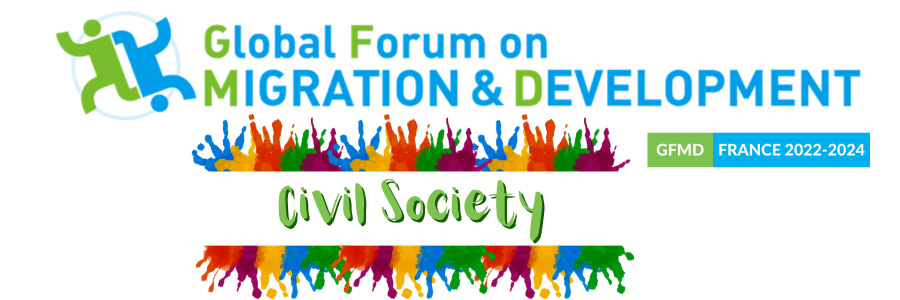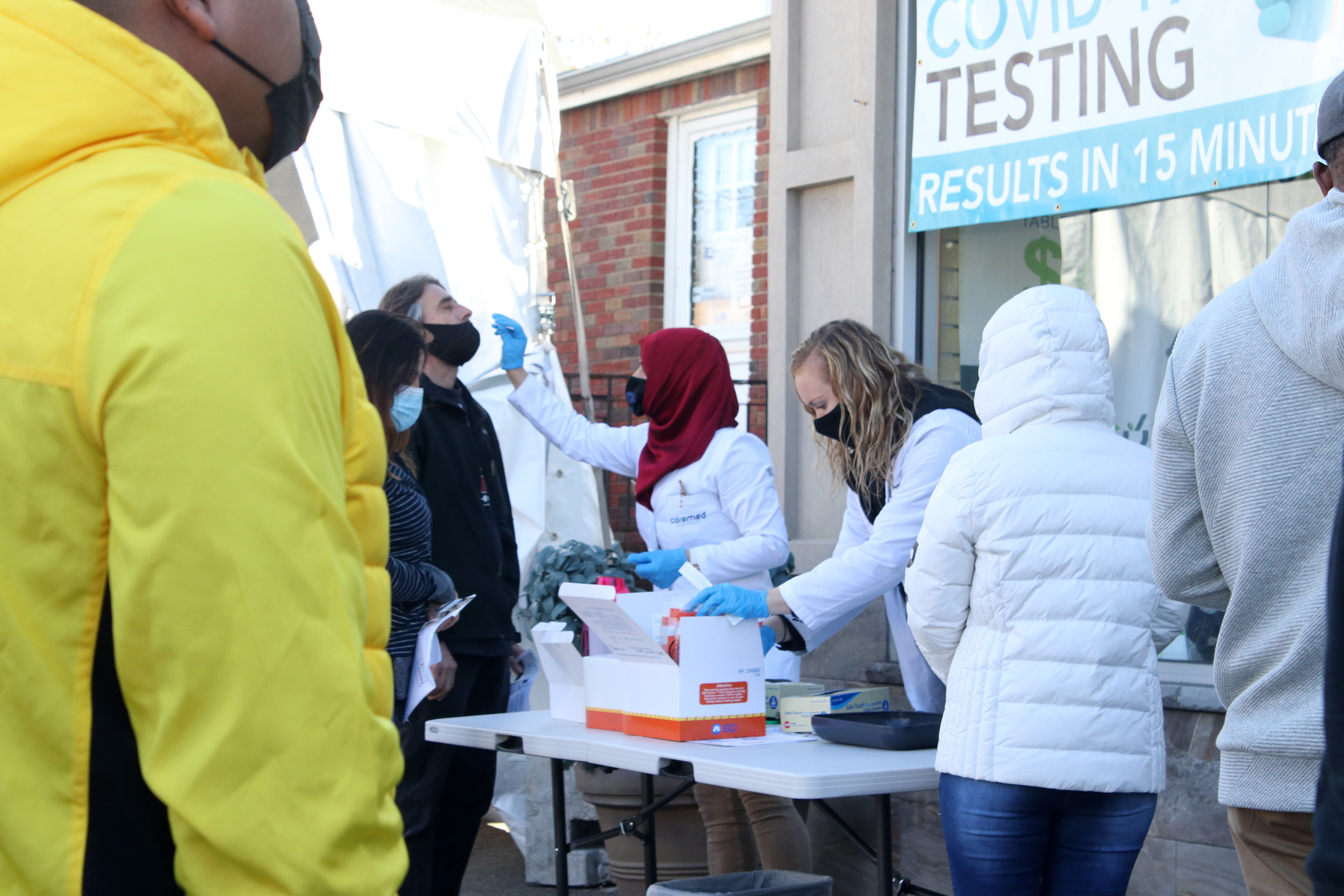Social protection for all, expanded and improved regular pathways, and strong, inclusive partnerships identified as key to global recovery.
The first civil society networking session of the 13th Global Forum on Migration and Development (GFMD) Summit took place on 20 January 2021.
Civil society invited government delegates to join this networking session of open and informal discussion on the impact of COVID-19 on migrants, migration and development. GFMD civil society networking sessions provide an opportunity for direct exchange between civil society and governments. To ensure open and informal discussion, networking sessions take place under the Chatham House Rule.
The session began by outlining the challenges and impacts of COVID-19 for migrants and refugees, including:
- Lack or insufficient access to social protection, healthcare and pandemic assistance measures, particularly for undocumented migrants;
- Job losses, including impacts on families and children supported by migrant worker incomes and remittances;
- Insufficient support for migrants returning to their country of origin;
- Border closures, mobility restrictions and expiration of legal residence;
- Exacerbated individual vulnerabilities, such as disabilities;
- Homelessness or precarious housing conditions, caused by prolonged lockdown and evictions by former employers; and
- Increased instances of wage theft and other rights violations, particularly for women migrant domestic workers.
Session discussions highlighted a range of short and longer-term solutions to mitigate these impacts and “build back better” for migrants in the global recovery from COVID-19. Suggested immediate measures included:
- Ensuring vaccination programs are open to all migrants, including those who are undocumented;
- Prioritizing migrants in essential roles for vaccinations;
- Facilitating access to justice for migrants who are the victims of wage theft or other rights violations by employers;
- Imposing penalties on employers violating the rights of migrant workers;
- Skills and qualification recognition for migrant workers returning to countries of origin;
- Including provision for assistance to vulnerable migrants in fiscal and monetary policy revised in response to COVID-19; and
- Expanded and more accessible mental health and psychosocial support for migrants.
The session additionally pointed to the need for State assistance for small and medium-sized businesses, many of which employ migrants, and the need for such assistance to be accompanied by measures to promote workplace rights and safety for migrant workers. Relatedly, delegates also emphasized the need to ensure migrant collective representation and participation in trade unions, with a particular plea for trade unions in countries of destination to be more inclusive of migrants of both regular and undocumented status.
In the medium to long term, discussions concurred on the crucial importance of expanded and more accessible regular migration pathways. Interventions highlighted the positive outcomes of such an expansion for migrants’ access to rights, for employers seeking flexible and skills-based recruitment, and for the prevention of trafficking. In the context of reduced global remittances caused by COVID-19, delegates also pointed to the need for reform of the global remittances system to maximize its development benefits.
There was a strong consensus amongst session participants on the need to identify and continue good practice adopted by States in COVID-19 responses. Of particular note here are:
- Temporary relaxations of labor regulations that prevented migrants from changing employers;
- Visa extensions for migrants unable to return to countries of origin; and
- Extended time limits for migrants to regularize their stay by finding new employment.
These measures are largely temporary, and delegates provided several examples of how the closure of similarly time-limited measures in the past had in fact increased irregular migration. Session participants expressed their strong wish that such measures are made permanent, and that additional States build on this new evidence of feasibility to implement similar, permanent measures.
The session concluded with a broad agreement on the key principles and approaches that should underpin policy-making and action in the global recovery from COVID-19. Here delegates concurred on the need for strong and inclusive partnerships at all levels, based on the principle of solidarity, and whole-of-society and rights-based approaches to assistance and recovery.
Photo: Jakayla Toney on Unsplash

